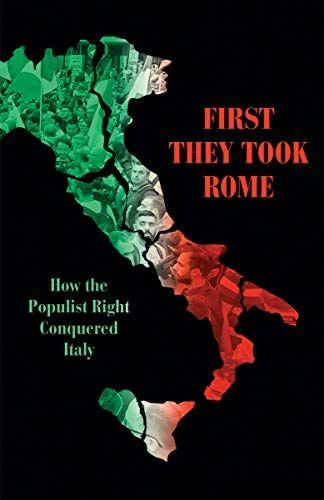
First They Took Rome How the Populist Right Conquered Italy
A provocative look at Italy's political disaster from the Cold War to today 67% of Italian 18 to 34 year-olds still live with their parents. Over a third of them are unemployed. Economic growth has been close to nil for over two decades. The Eurozone's third-largest economy, Italy's long-term slide today threatens to blow up the whole European project. The rise to power in summer 2018 of Matteo Salvini's hard-right Lega and the eclectic Five Star Movement has pushed Italy, and the whole continent, into unknown territory. The monstrous forces that now rule Italy emerge from a deep well of despair. What broke apart in Italy over the 1990s and 2000s was not just a once mighty Left but also the very bases of social solidarity. The rise of Silvio Berlusconi, the asset-stripping of the Italian state and the creation of the neoliberal Democratic Party hollowed out Italian public life; and when the crisis hit, Italians were left to fend for themselves. But the change they voted for in 2018 threatens to push the country even deeper into the abyss. The upheavals in Rome epitomize a general crisis of democracy in the West. Examining Italy's history since the end of the Cold War, First We Take Rome looks at the wider significance of the current crisis and its wider political stakes. With clarity and breadth of scope, David Broder examines the recent history and social forces that brought the country to this crisis and the state of oppositional movements working to reestablish Italy's traditions of radicalism.